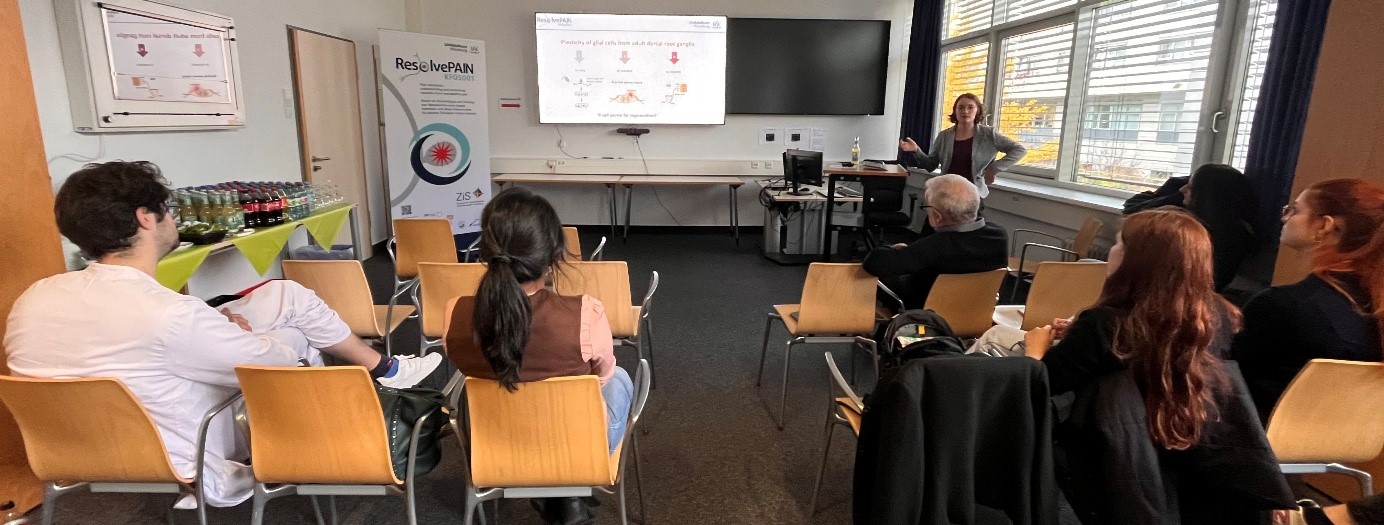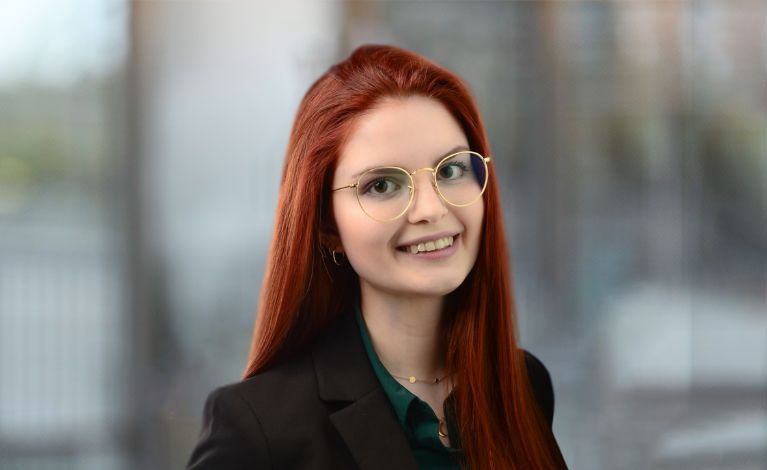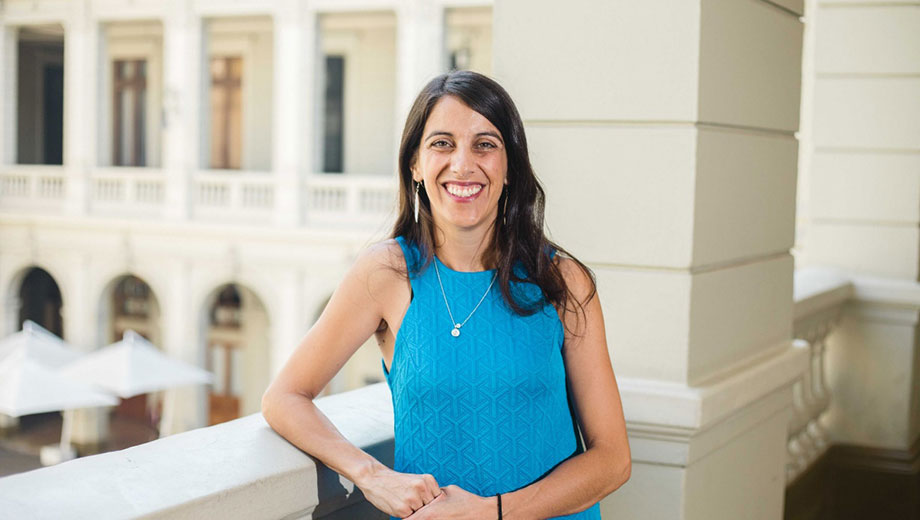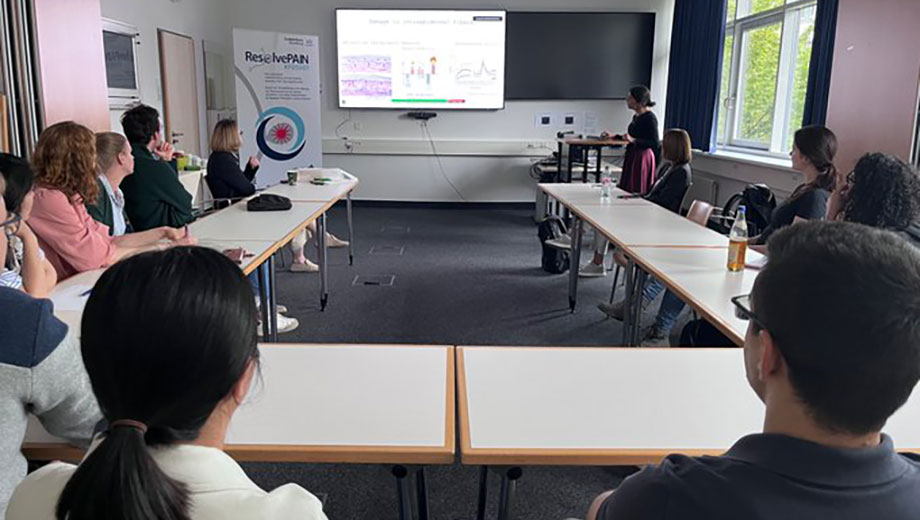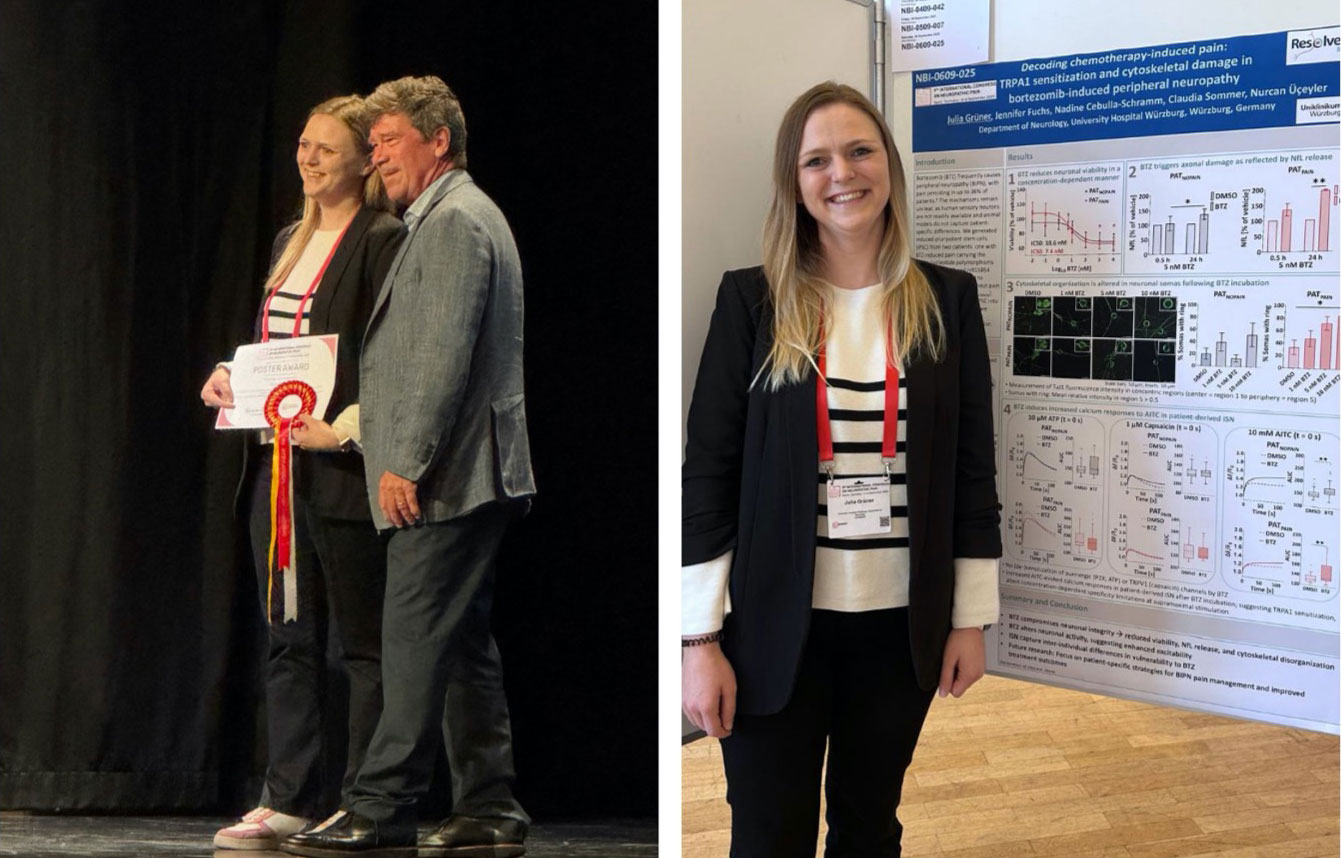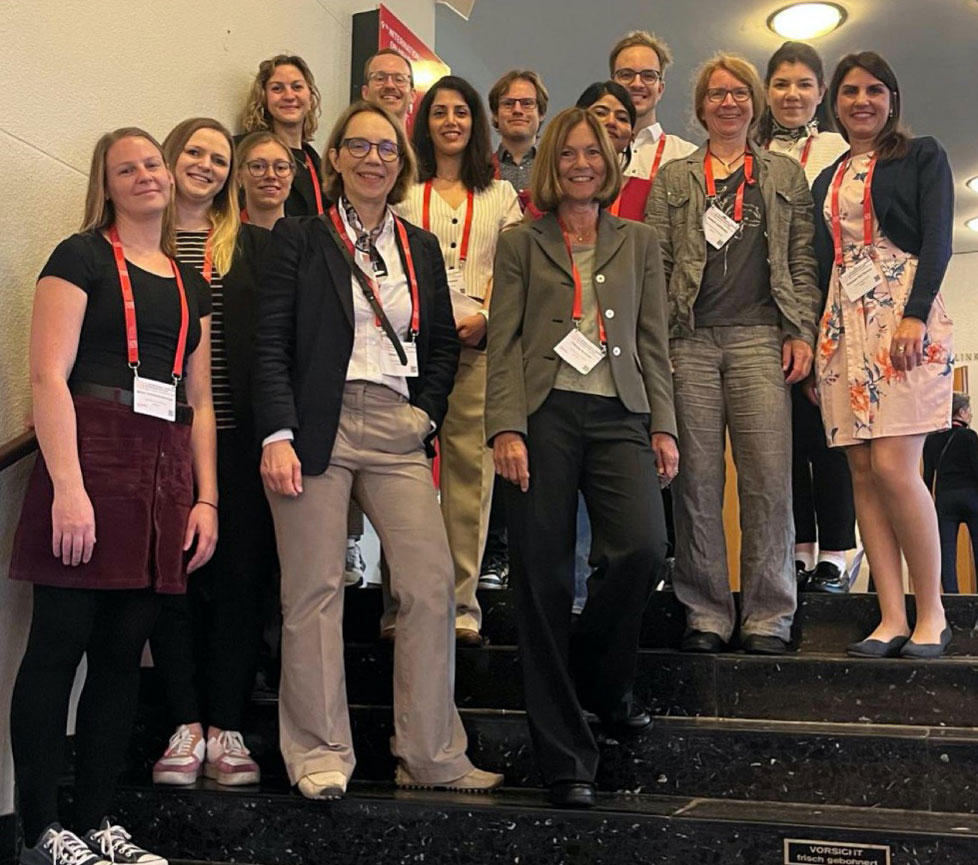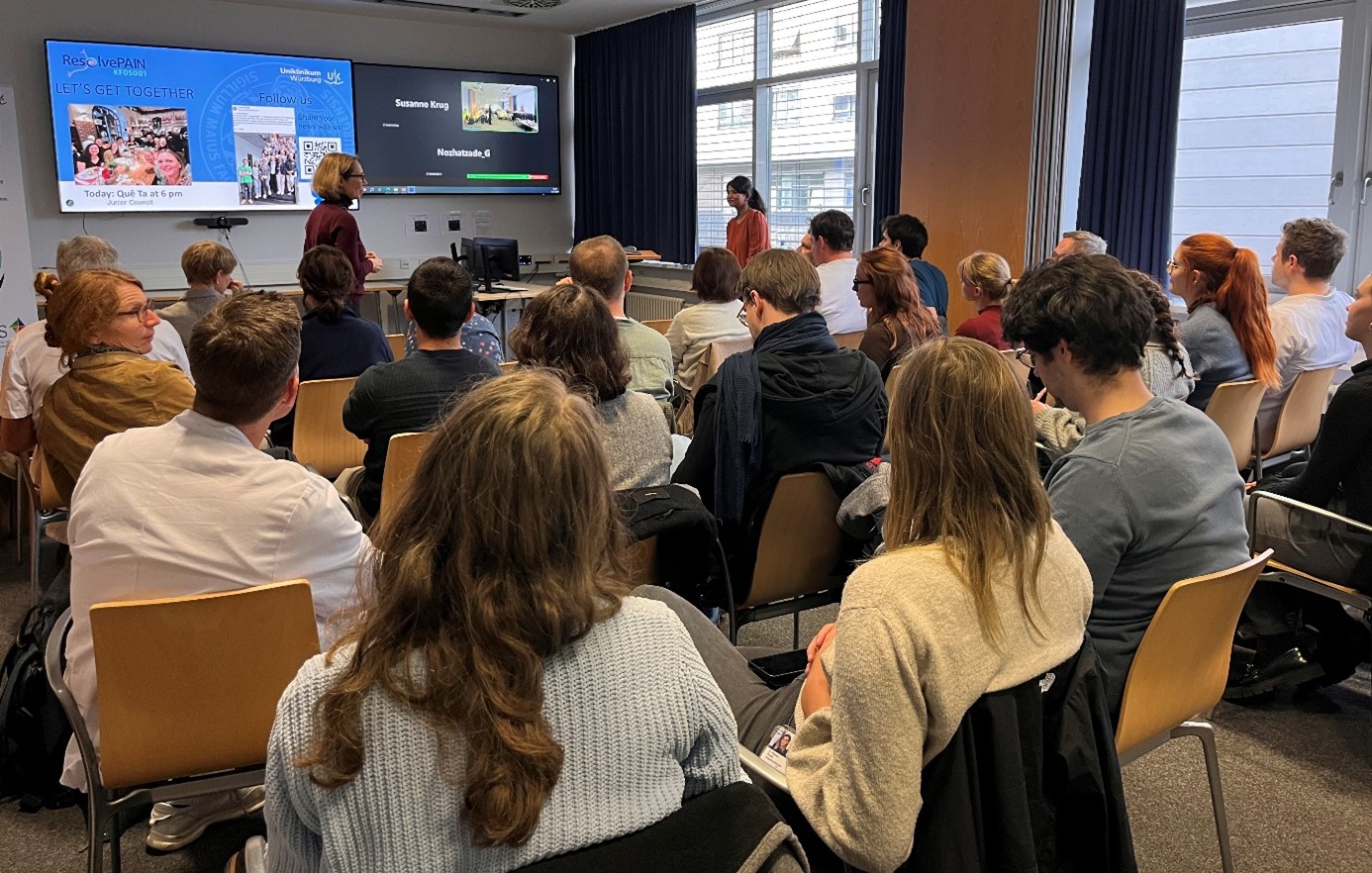
We welcomed 32 newcomers across all career stages and launched the new funding period with a successful Kick-Off Meeting featuring invited speakers from Utrecht University and the Chinese Academy of Sciences.
Two committees, Steering and Equality, Diversity & Inclusion (EDI), were newly established, and the Junior Council was newly elected this year, continuing its important role in shaping community activities. Our researchers contributed 19 joint publications and presented their work at international meetings such as Peripheral Nerve Society Annual Meeting (PNS), International Congress on Neuropathic Pain (NeuPSIG), Society for Neuroscience Annual Meeting (SfN), and others.
Several members achieved notable successes:
- Dr. Anna-Lena Wießler received the SfN Trainee Professional Development Award,
- Dr. Julia Grüner was honored with a Poster Prize at NeuPSIG 2025,
- Dr. Ankita Rawat secured an internal Early Career Development Fellowship to initiate new research directions.
We also strengthened our international exchange, hosting six visiting scientists and contributing to the Sino-German Symposium “Translational Neuroscience of Approach and Avoidance” in Guangzhou.
The program continued to grow clinically as well: seven new Clinician Scientists joined KFO5001 between July and October, further integrating clinical expertise with experimental research.
Looking ahead, we are preparing for an active 2026. Hands-on classes for the coming year are already planned, with registration open and a few spots still available. We also invite members to save the date for the ResolvePAIN Summer School (14-16 July 2026) and to participate in the upcoming Career Mentor Program organized by our EDI Committee.
Finally, KFO5001 is now present on BlueSky, where we share news from across our community and highlight achievements from our members .
We thank all colleagues for their commitment and look forward to another inspiring year of collaborative research.


